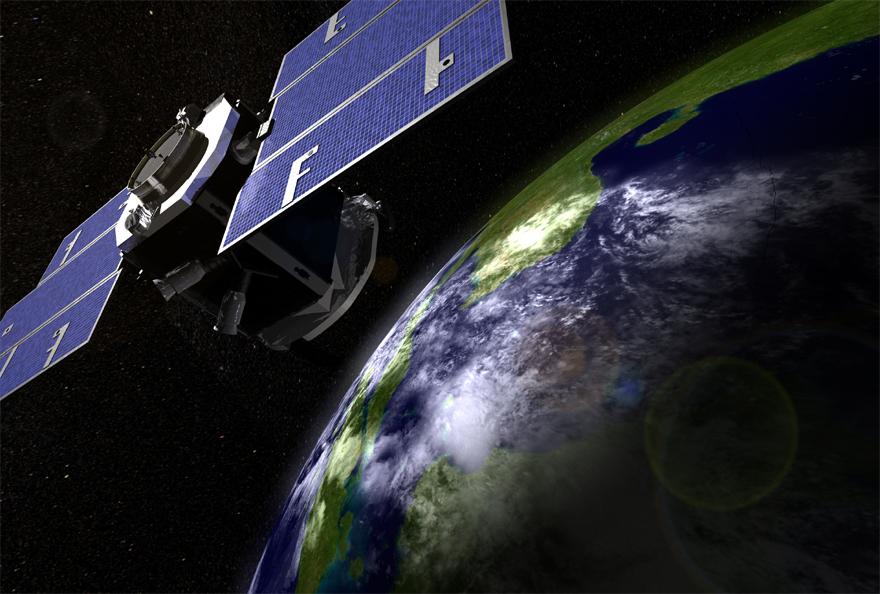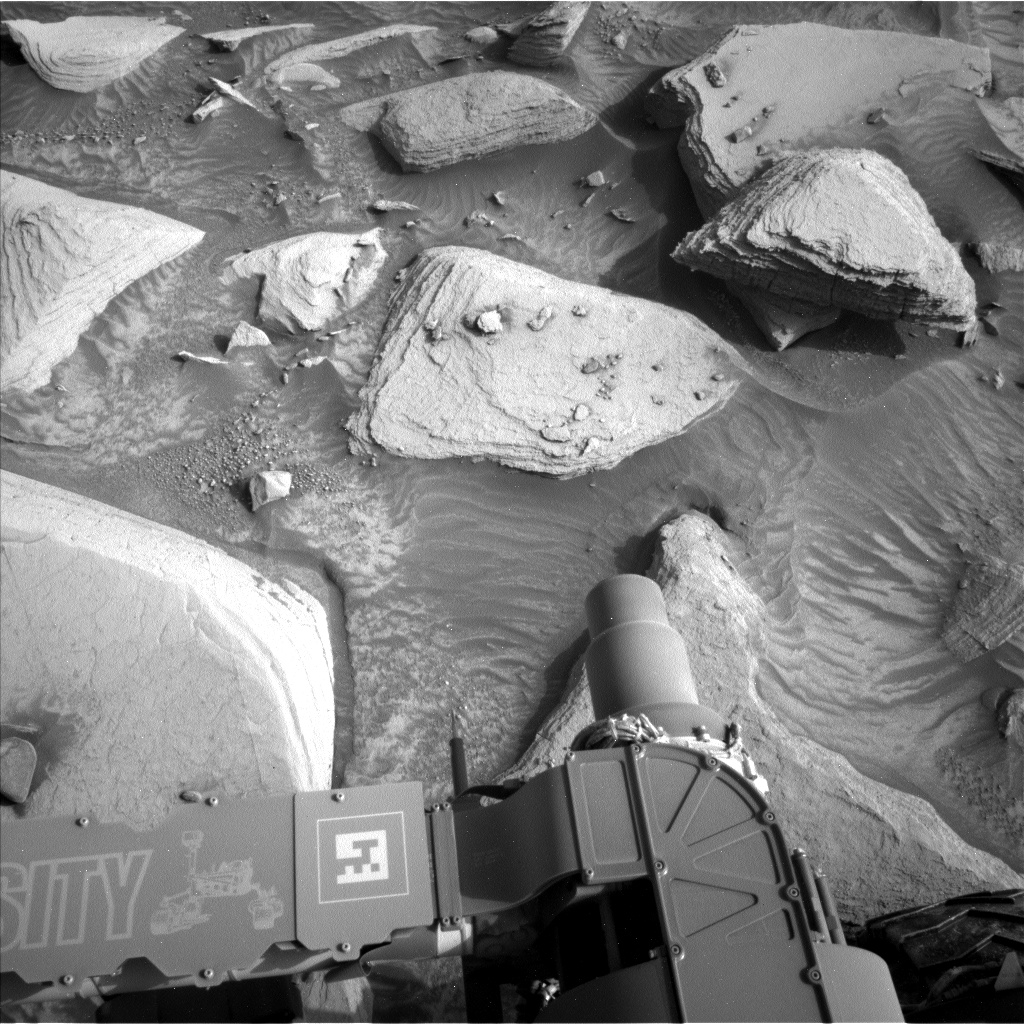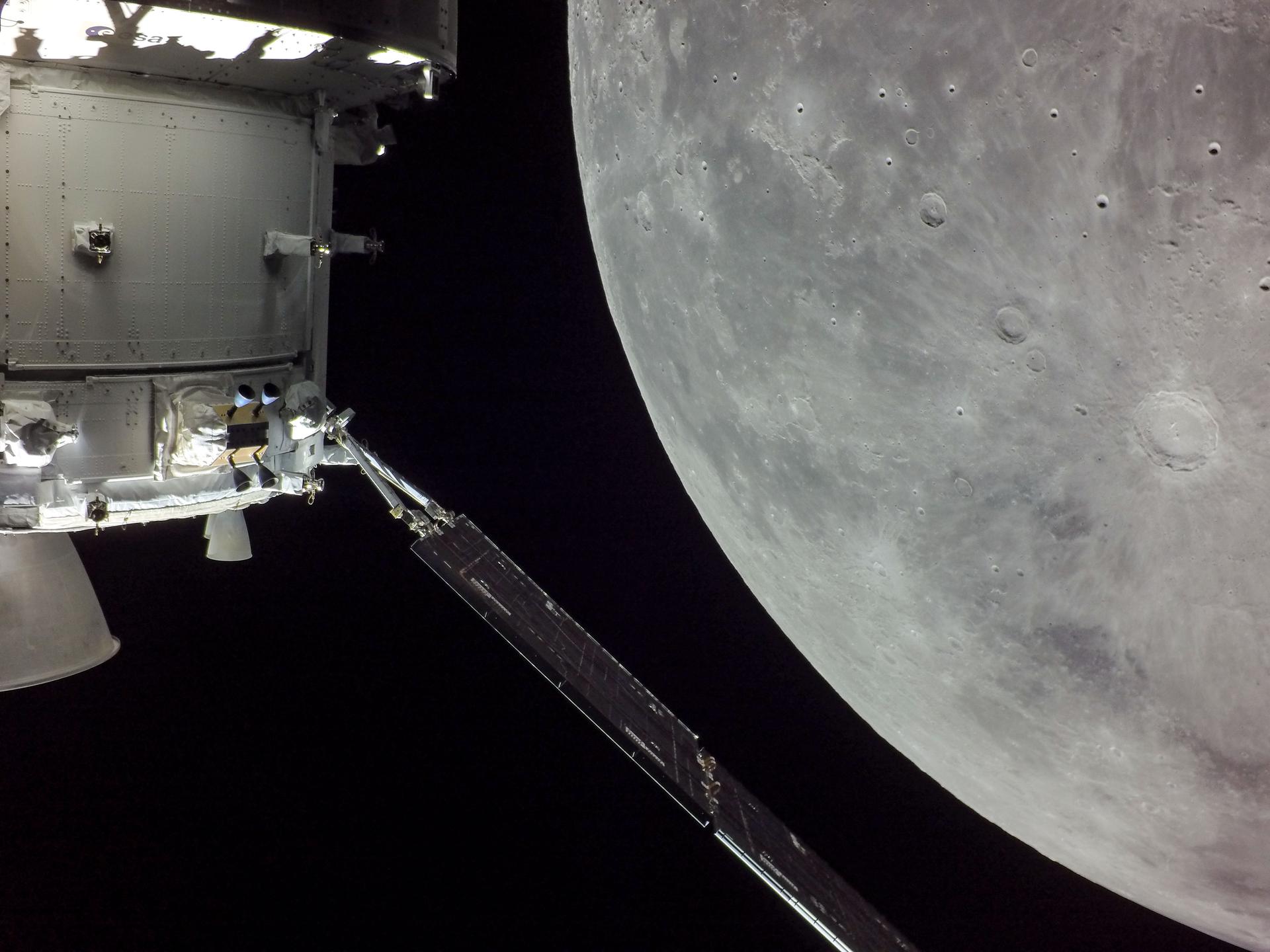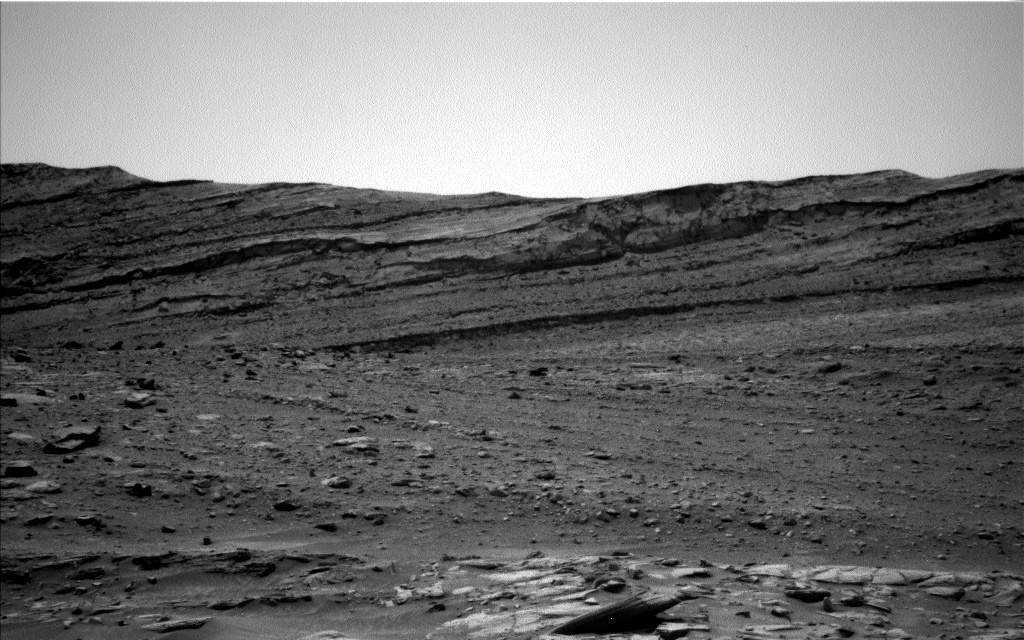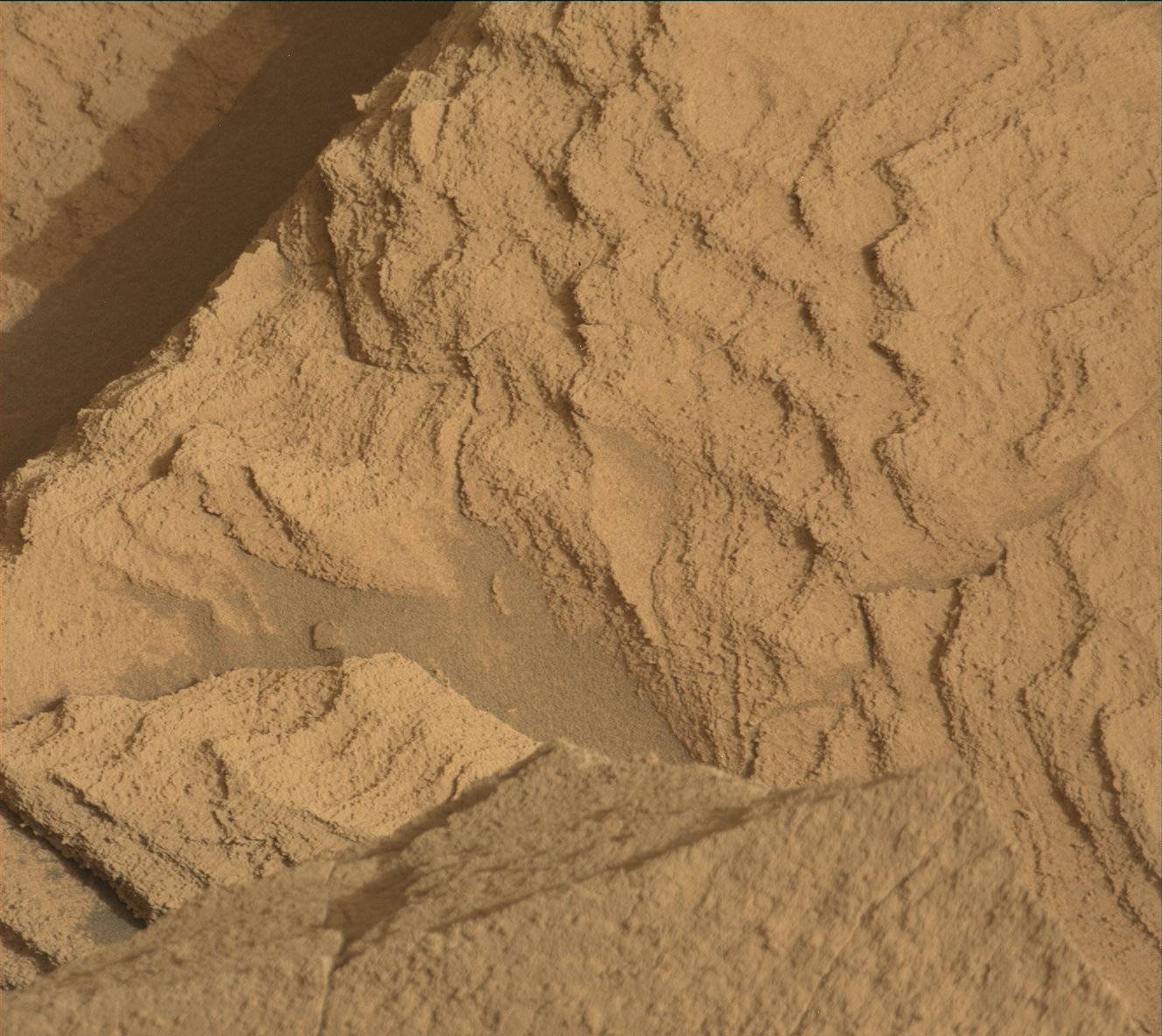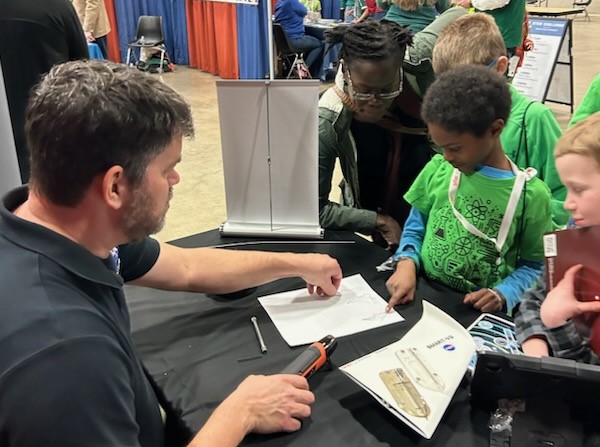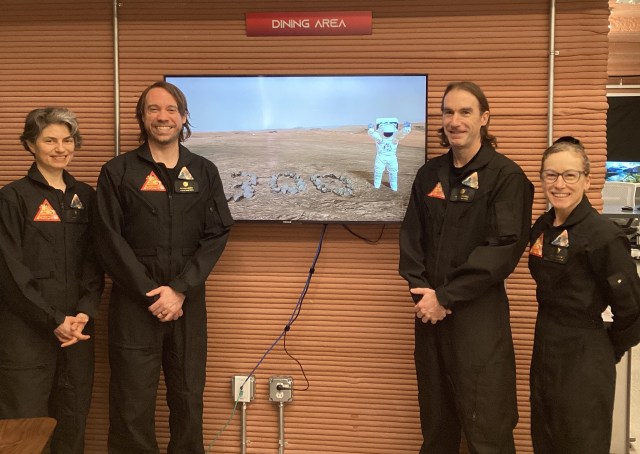Collision Avoidance for Space Environment Protection
This NASA Interim Directive (NID) establishes minimum collision avoidance requirements and associated operational protocols for NASA space flight programs, projects, and vehicles to protect the space environment and minimize the risk of collision.
- Interim Directive – NID 7120.132, Collision Avoidance for Space Environment Protection
- Handbook – NASA Spacecraft Conjunction Assessment and Collision Avoidance Best Practices
- FAQs
NASA Systems Engineering Handbook
This handbook is intended to provide general guidance and information on systems engineering that will be useful to the NASA community. It provides a generic description of Systems Engineering (SE) as it should be applied throughout NASA. A goal of the handbook is to increase awareness and consistency across the Agency and advance the practice of SE. This handbook provides perspectives relevant to NASA and data particular to NASA.
This handbook should be used as a companion for implementing NPR 7123.1, Systems Engineering Processes and Requirements, as well as the Center-specific handbooks and directives developed for implementing systems engineering at NASA. It provides a companion reference book for the various systems engineering-related training being offered under NASA’s auspices.
NASA Spacecraft Fault Management Workshop
The 2012 NASA Spacecraft Fault Management Workshop brings together NASA’s Fault Management (FM) community — including project managers, systems and software engineers, researchers, technologists, and FM practitioners — to actively, and collaboratively, address near-term challenges and long-term vision for the FM discipline.
NASA Space Flight Program and Project Management Handbook
NASA policy documents provide the basis of practice across the Agency. The scope of NASA programs and projects is vast — from researching new ways to extend our vision into space, to designing a new crew vehicle, to exploring the outer reaches of our solar system. The Space Flight Program and Project Management Handbook takes a detailed look at how to implement high-level requirements.
NASA Instrument Capability Study
In July 2007, the NASA Office of the Chief Engineer chartered the NASA Instrument Capability Study team to determine whether NASA instrument developers are facing challenges that impact the capability to design and build quality instruments or whether there are flaws in the acquisition strategy evidenced by schedule delays, cost overruns, and increased technical risk via design deficiencies.
NASA Study on Flight Software Complexity
In 2007 the NASA Office of Chief Engineer commissioned a multi-Center study of the growth in flight software size and complexity in NASA space missions. The study was motivated by problems attributed to flight software in a variety of missions — in pre-launch activities and mission operations — and concerns that such problems were growing with the expanding role of flight software.


